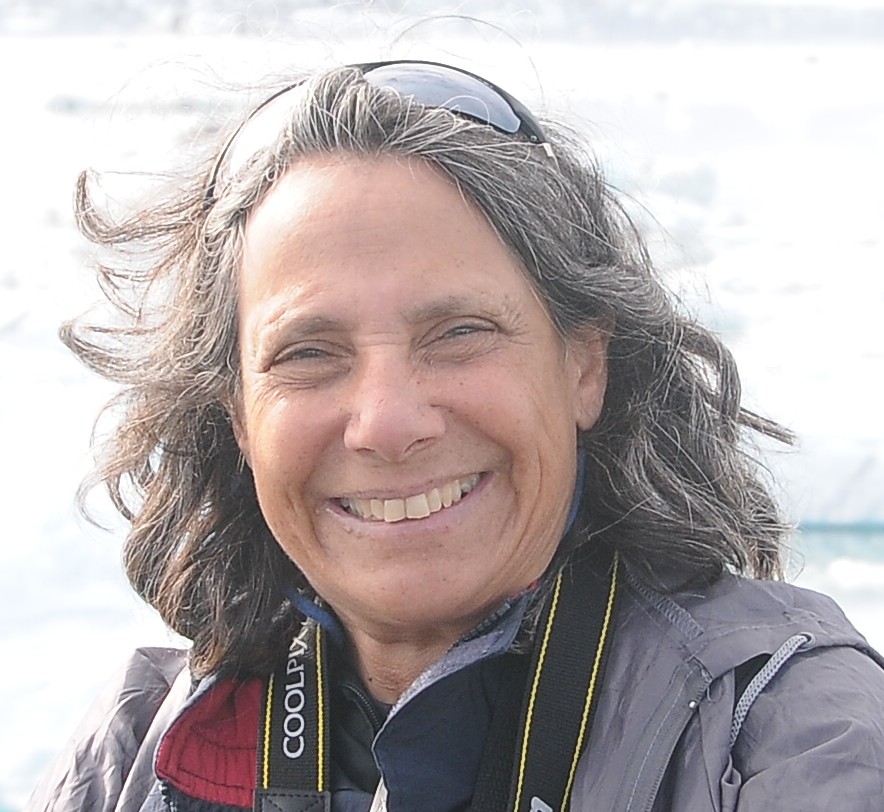It is an amazing experience to sit in a movie theater in Port Washington to watch the world premiere of a documentary where it was filmed with the people it was filmed about.
“This Business of Autism” is more than a profile of a social enterprise built around providing jobs for adults on the autism spectrum, it provides a manual, a template to how such businesses could be replicated and even more significantly, why they should be replicated.
The documentary leaps from Port Washington where Spectrum Designs, a social enterprise company founded in 2011 to employ adults on the autism spectrum, has just opened new, expanded offices, tripling its capacity.
It travels to San Francisco to peek in on a Jobs Club that has focused on the need to train managers and mentors in companies that want to increase job opportunities for people with special needs, to Mercyhurst College in Erie, Penn., which created a program that stresses life and social skills that are needed in the real world.
And it offers the wisdom of Dr. Temple Grandhin, who is herself on the autism spectrum, who lays out in no uncertain terms the need to instill self-sufficiency to the extent possible as early as possible.
The opening sets out the issue with jarring statistics: 1 in 59 children in the US is born with autism.
Each year, 50,000 teens with autism age out of school-based services; an estimated 70- 90 percent of autistic adults are unemployed, under-engaged and living their lives in isolation; 84 percent of autistic adults live with their parents, who have the constant fear of what will happen to their children after they pass away.
Autism is a lifelong neurological disorder affecting the way a person communicates, socializes and engages with the world. Though there is no cure, behavioral therapy can transform lives, and the earlier services are provided, the better.
The highest functioning individuals on the autism spectrum, as Dr. Grandhin notes, are employed by the likes of NASA and Silicon Valley, but the vast majority – the 60 percent in the middle – have few employment opportunities.
It is a revelation to be brought into the homes of the parents of Spectrum Design’s employees – starting with the founders of Spectrum Designs Foundation and Nicholas Center, Stella Spanakos and Nicole Sugrue, whose sons are autistic, lived with the daily panic of how their children will be able to fare in the world.
They decided to start a business that could employ special needs adults. Nicole Googled “recession-proof businesses” and came up with t-shirt printing.
It turns out that T-shirt printing was a fortuitous choice because the tasks are defined with a beginning, middle and end, can be easily taught, and are well suited to individuals who are in that 60 percent range on the spectrum.
They had the advantage of building a business around this social purpose, rather than insert employees with special needs into an existing business.
And we get some insights into that: the visual cues are key, like the giant chart that tells everybody their tasks for the day with words and pictures; the lists of steps at each workstation; naming the various machines and areas (one is named Octopus). Also, there is a one-to-three ratio of “educators” to workers.
What else is necessary?
All the back-ups and supports, starting with the Nicolas Center, which helps counsel the young people and screen them for jobs and training.
But it comes down to the fact Spectrum Designs is a business, albeit one that is based around social enterprise. Clients (who have included Northwell Health, KPMG, Google, Facebook, Accenture, NYU Langone Health and Mount Sinai) require a quality product.
Indeed, the business has grown from $100,000 in sales in 2012, to $1.1 million in 2016, and is targeting $3 million by 2020, in their expanded (tripled) space.
On the other hand, as the film demonstrates, the Spectrum Designs experience is replicable – I can even see them franchising.
But while this not-for-profit has developed a sustainable business model, it also requires the support of community – that is the village of Port Washington, the Town of North Hempstead, and the state.
Indeed, the return in developing self-sufficient, actualized individuals for society, the community and government, compared to government spending that goes merely to warehouse individuals, is enormous.
The lifetime cost of autism averages $1.4 million to $2.4 million. These costs place a tremendous burden on families and society but can be dramatically reduced with high-quality interventions and adult transition support.
Jack Martins, the former state senator (a Republican) remarks in the film, “This is an appropriate role for government.”
And the genuine feeling of self-worth, of accomplishment in bringing home a paycheck is, well, priceless. There is a lot to be said for quality of life and not merely existing.
The film, “This Business Of Autism” presented as part of the Gold Coast Arts Center’s Cinema Series at the Soundview Cinemas, mere blocks away from Spectrum Designs new building on Main Street, serves as a tutorial, a business manual, and even more importantly, raises awareness and overturns misconceptions.
The documentary is available on Vimeo on Demand and on Amazon, and will be available on itunes and Googleplay as well as Blueray and DVD.
See more about Spectrum Designs Foundation and its products and services at its website, www.spectrumdesigns.org.



